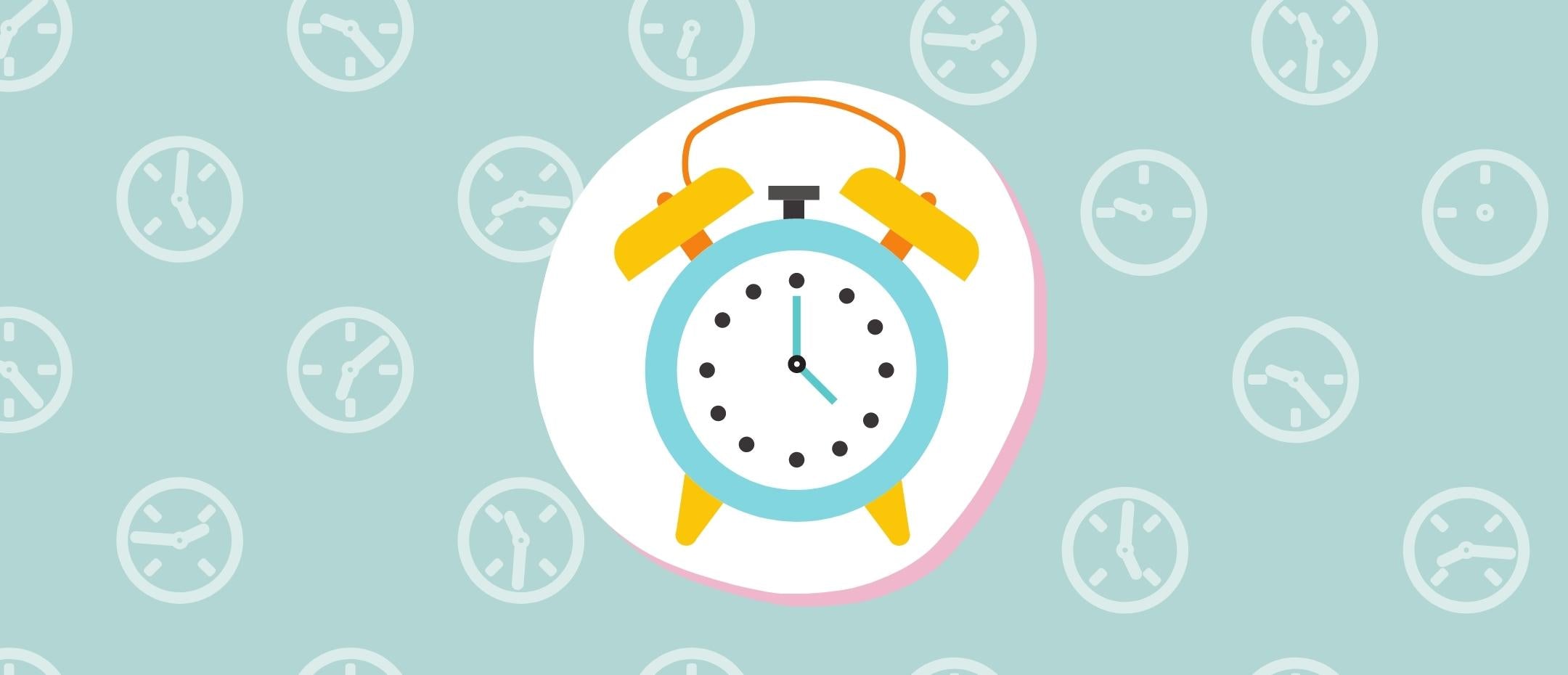Are you a night owl or an early bird? The time you go to bed can make a great difference in your life, but not everybody has the same needs.
The ideal time to sleep at night depends on your age, your internal body clock, or if you have a hard time falling asleep. If you're wondering what time you should go to sleep, it seems that the ideal time to sleep for adults is between 10 and 11 pm.
These results come from a UK study published in the European Heart Journal: Digital Health. It seems that participants were more likely to develop cardiovascular diseases if they went to bed before or after these hours.
So how is this ideal time to sleep at night determined?
Our natural body clock regulates our physical and mental functioning

The body has a 24-hour internal clock called the circadian rhythm.
-
Darkness triggers the brain to produce the sleep-inducing chemical melatonin.
-
Daylight, on the other hand, suppresses melatonin production.
There is a specific pattern in the body's 24-hour cycle. Evolution has programmed us to be active during the day and sleep when it's dark. However, lighting and indoor jobs now allow us to break this pattern.
Screens and other artificial light in the evening interfere with this biological clock.
Lack of bright outdoor light during the day interferes with your ideal time to sleep and wake up, too. When you wake up, get at least two hours of bright daylight every day to shut down melatonin production. Office and home lighting don't count as daylight.
When you go to sleep after midnight, it resets the body clock and it is detrimental to health. For example, there is a higher risk of heart disease or breast cancer. Insufficient sleep has been linked to conditions such as hypertension, obesity, and diabetes, too.
How much sleep do we need every night?
The time to go to bed also depends on our age. Children need more sleep than adults to feel adequately rested.
Most adults need at least seven hours of sleep, even though it can vary considerably from one adult to another.
Here is a simple reference on hours of sleep by age:
-
Infants (0 to 18 months): 12 to 17 hours of sleep a day, including naps.
-
Toddlers (18 months to 3 years): 11 to 14 hours of sleep a day, including naps.
-
Preschoolers (3 to 5 years): 10 to 13 hours of sleep a day.
-
School-age children (6 to 13 years): 9 to 11 hours per day.
-
Teenagers (14 to 17 years): 8 to 10 hours per day.
-
Adults (18 and over): 7 to 9 hours per day.
What if you have a hard time falling asleep?
If you have difficulties falling asleep or suffer from insomnia, having a sacred space to sleep can help you transition from active daytime to sleep time.
If you set and keep a consistent bedtime, your body will adapt and get used to falling asleep at a certain time.
It is easier to fall asleep when your bedroom is a quiet, cool, and dark. Make sure that you have a quality mattress and your bedding is comfortable enough to help you fall asleep.
You can also listen to gentle music or read a good book before going to bed. Avoid activities like watching television or your mobile phone screen. Don't drink caffeine or alcohol, as they can disrupt your sleep.
***
People who get seven to eight hours of sleep a night are more productive than those who get six hours. So, set a bedtime, decide when you need to wake up, and count backwards the number of hours of sleep you need.
If you liked our blog article, please don't forget to Share it with your friends by clicking the button below!










